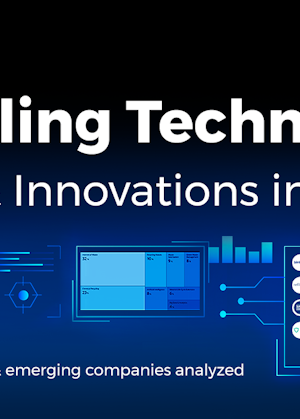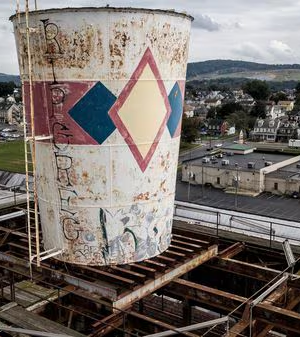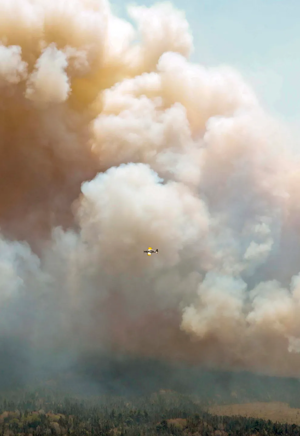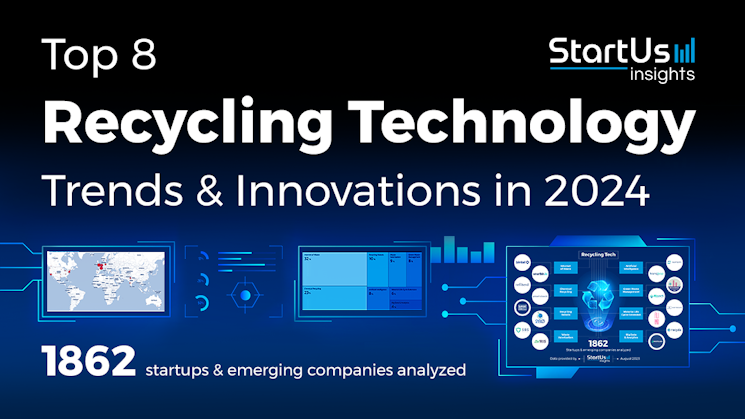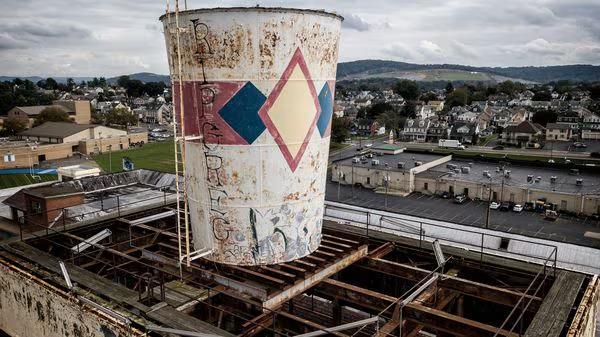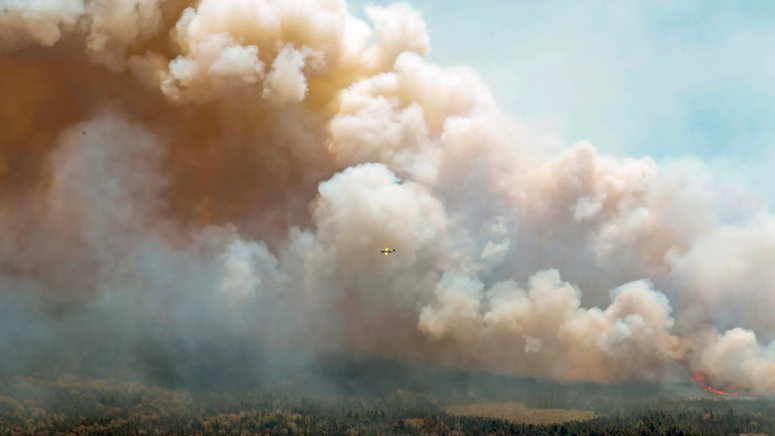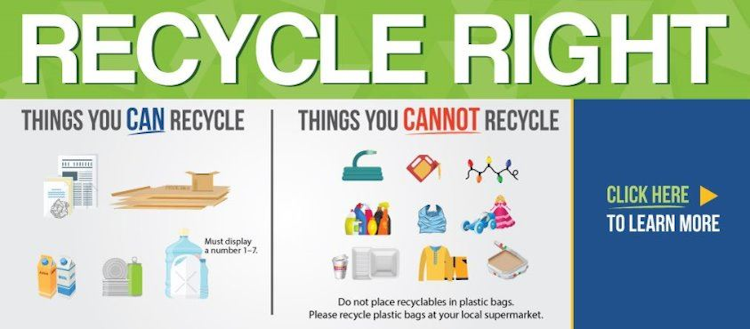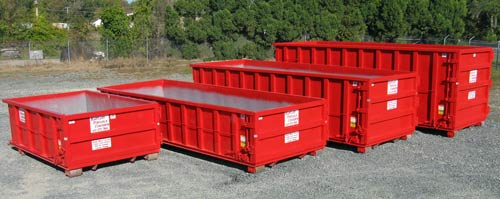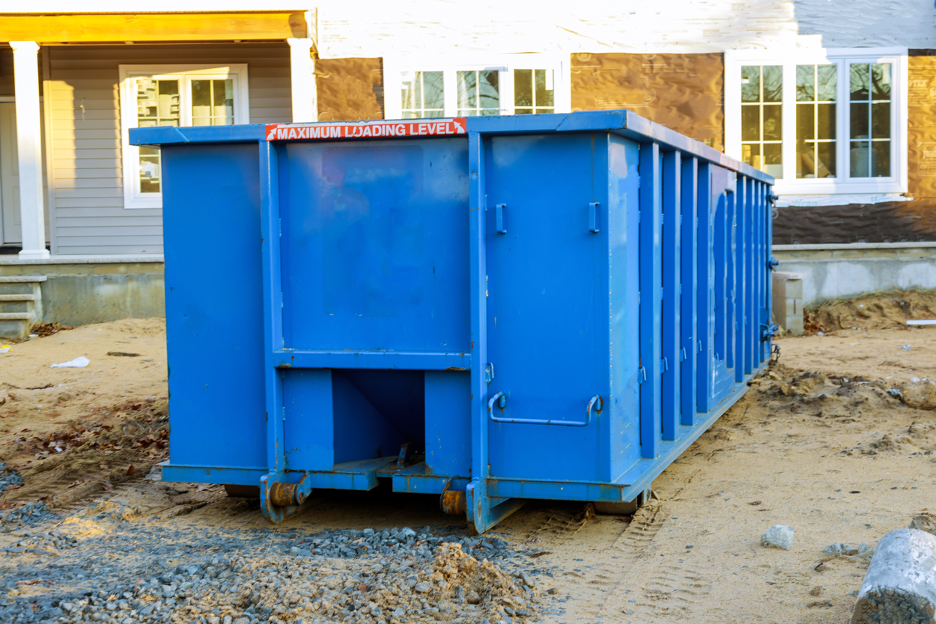Over the last few years as sustainability has become part of our conscience, recycling technologies have continued to evolve exponentially. These innovations are intended specifically to enhance the efficiency, accuracy and scale of recycling processes, including but not limited progress in material contamination issues also sorting operational bottlenecks or interaction with diverse waste streams. Let us dive deep into this topic with some of the most trending and futuristic technologies in our era.
AI, Machine Learning
AI is changing waste management. AI and ML have made a massive difference to recycling making the sorting process more precise, faster. In the past, sorting most recyclable was a task that needed to be done by hand and rather inaccurate. Today, AI robots are capable of identifying and separating different types of materials with an outstanding degree in accuracy.
These are systems that help machines to recognize certain objects or substances on conveyor belts using computer vision and some advanced algorithms. For instance, AMP Robotics has been working on AI-guided robotic arms that can recognize and differentiate between various plastic resins, metals like aluminum or stainless steel and paper materials.
The robots can work non-stop and rapidly processing up to 80 items per minute, much faster than a human worker. Moreover, the contamination rates decrease thanks to AI comparing an object with a reference image and determining whether it is contaminated or not which then leads more items getting recycled in total that also makes recycling plants run much better.
Chemical Recycling
As before, traditional mechanical recycling processes involve physically downsizing materials into smaller pieces – but how does chemical recycling differ? New technology can also chemically break down polymers into their original building blocks, creating new plastics as pure as virgin ones.
Mixed or contaminated plastics that are hard to recycle mechanically, can be preferably handled by chemical recycling. BASF and Loop Industries are leading the way in pioneering chemical recycling processes capable of handling mixed plastic waste streams to regenerate high-quality materials. The process that could bring an end to plastic waste and lessen our need for virgin plastics based on fossil fuel.
Securing Supply Chain Transparency using the Blockchain
Blockchain technology to increase transparency throughout the recycling supply chain Using this technology, blockchain secures an unforgeable and transparent record of transactions which makes it able to identify materials where they came from up until the finished product. By providing transparency, it guarantees recyclables are processed correctly and reduces the risk of material going to landfill or incineration.
For example, organizations such as IBM are building blockchain-based solutions that help in certifying recycled materials correctly from authenticity to sustainability. This is particularly relevant for confirming the recycled content in consumer goods so that can companies back up their environmental claims and consumers make better purchasing decisions.
Advanced Sorting Technologies
AI aside, other more advanced sorting technologies are making an impact on recycling efficiency as well. One often employed infrared technique is Near-Infrared (NIR) spectroscopy, which can be used to detect and classify plastics as well other materials based on their characteristic spectral signatures. These are technologies that can quickly, accurately and non-destructively tell one material from another (two apparently similar materials corresponding to different ingredients).
Another small and rapidly evolving technology is based on electrical charges, called electrostatic separation. For use in the sorting of metals and plastics, sustainability benefits include increased purity to recycled outputs as well as reduced demand for downstream processing.
Pyrolysis and Gasification
Pyrolysis and gasification are thermal processes capable of converting waste materials – especially plastics, into valuable products such as fuels, chemicals or even new materials. While incineration essentially burns waste, these break down substances at high temperatures without oxygen and eliminate harmful emissions.
For example, pyrolysis can turn plastic waste into synthetic oil which is factored to be refined and further on trig or used in new-won feedstock for twisted product. Waste management experts noted that this technology could be used for dealing with plastics which are not suitable for mechanical or chemical recycling and thus it can help in reducing the quantum of plastic waste to landfills and the oceans.
Compostable / Biodegradable Stuff
Biodegradable and compostable materials are increasingly seen as a complementary approach to recycling. These materials are meant to more quickly degrade in the natural environment or at industrial composting sites, and ultimately they lower the carbon footprint that waste material creates.
An example is polylactic acid (PLA), a biodegradable plastic, derived from lactic acid that comes typically comes corn starch. PLA Can Compost Highlights the burden on our existing recycling systems and supports industrial composting under controlled conditions. But whether such materials will be adopted in large numbers ultimately hinges on the right composting infrastructure being put into place and public awareness campaigns designed to help consumers dispose of them properly.
Smart Bins and IoT
IoT – The secret weapon for advanced junk disposal IoT opens incredible possibilities for smarter waste management, from sensors to monitor fill-levels within rubbish bins and contamination rates all the way up to what types of materials are being disposed. This is an example of analytic insights that can use smart bins – they will help optimize collection routes, save on operating costs and get valuable data for subsequent programs to encourage recycling.
Sensors to notify waste management companies when a bin is full, resulting in better collection schedules. In addition, some systems have the ability to give users feedback – e.g., telling them that they put non-recyclable items into recycling bins by mistake so as to encourage better behaviour.
New technologies in recycling management are increasingly being used on the ground – changing materials processing, making it more efficient and having less impact. These innovations range from AI and advanced sorting technologies to chemical recycling & blockchain – all designed to address the challenges of modern waste management. With the further development and adoption of these technologies, they could revolutionize recycling rates on a global scale in order to create more sustainable, closed-loop economic conditions.

